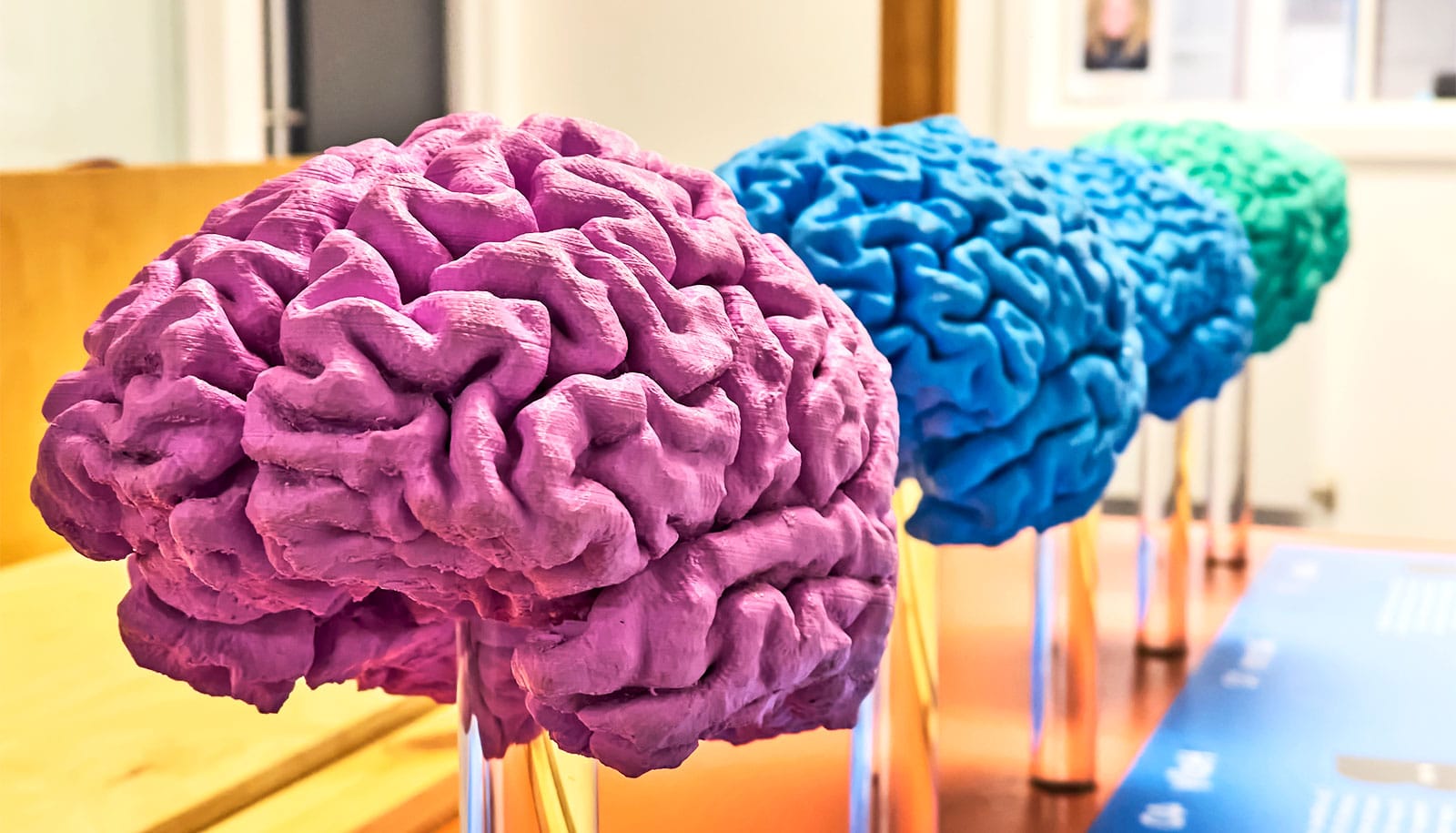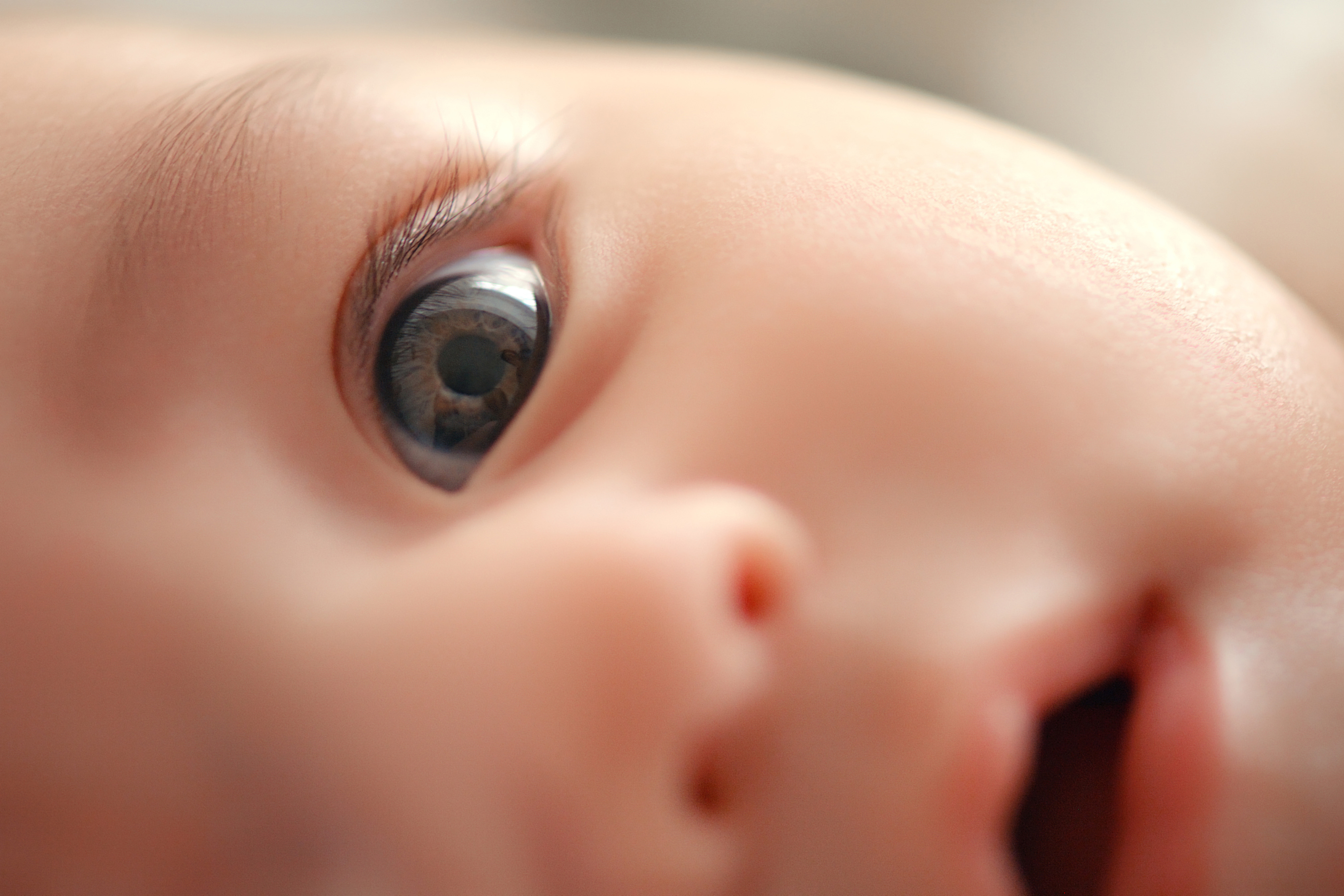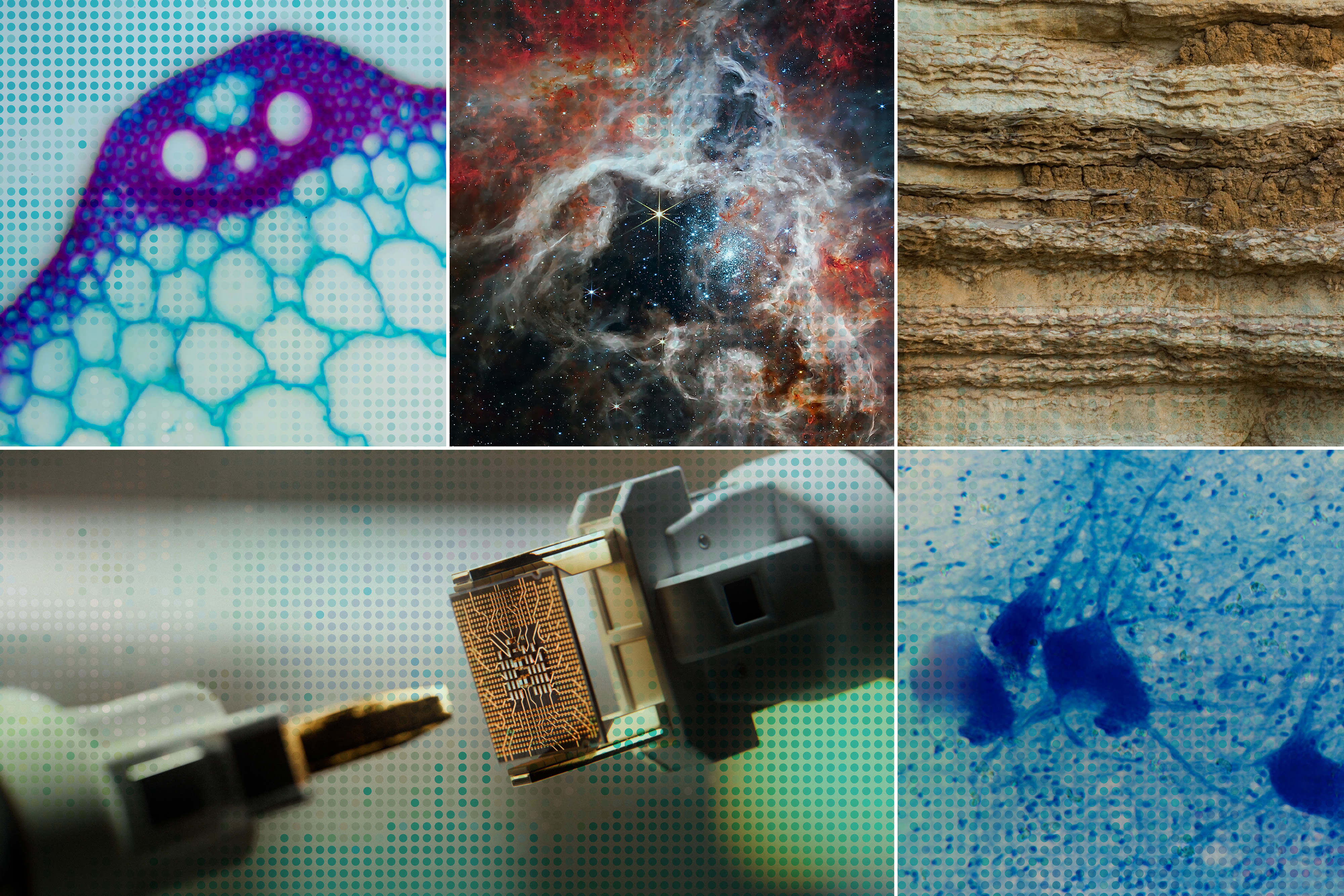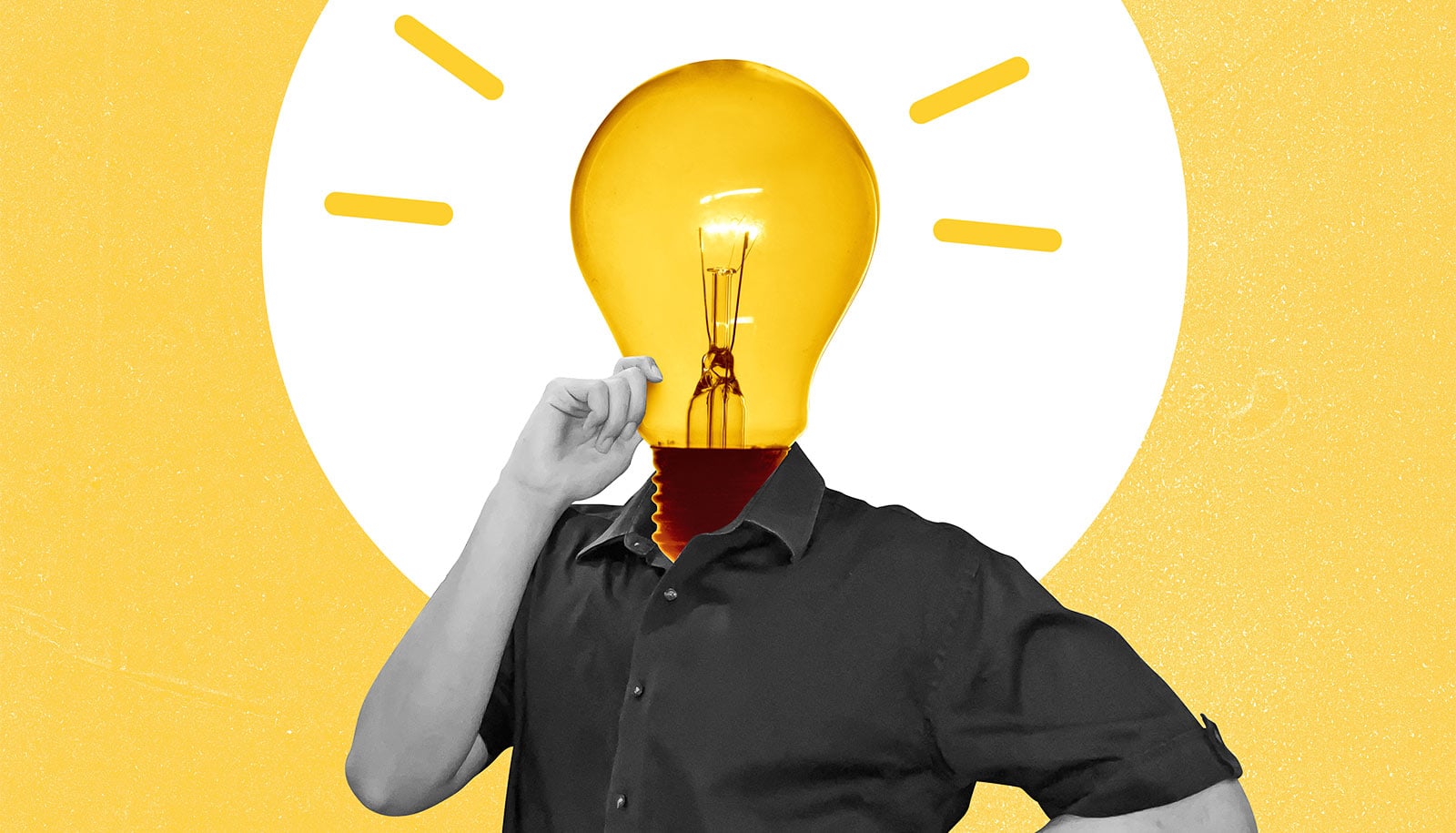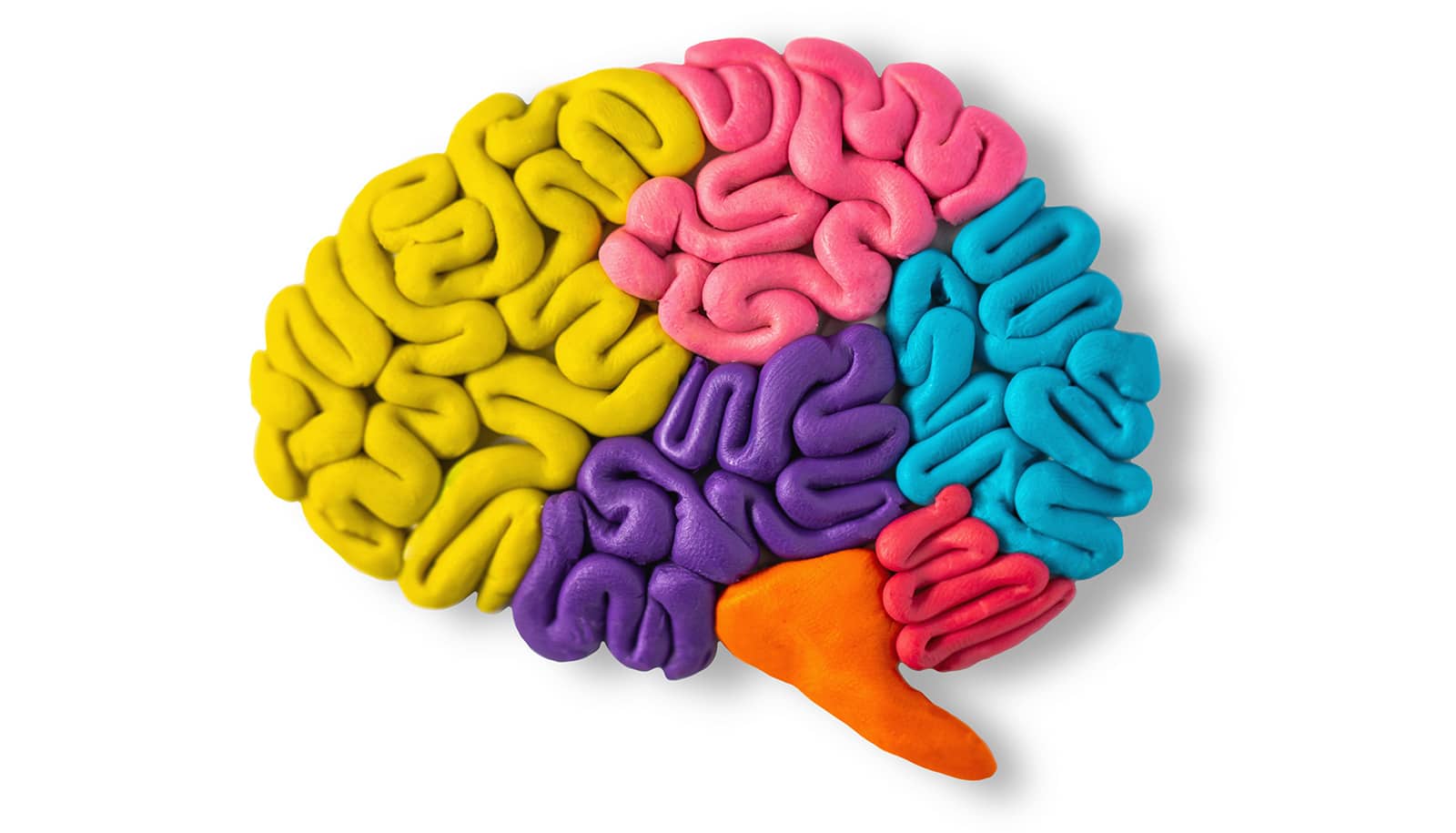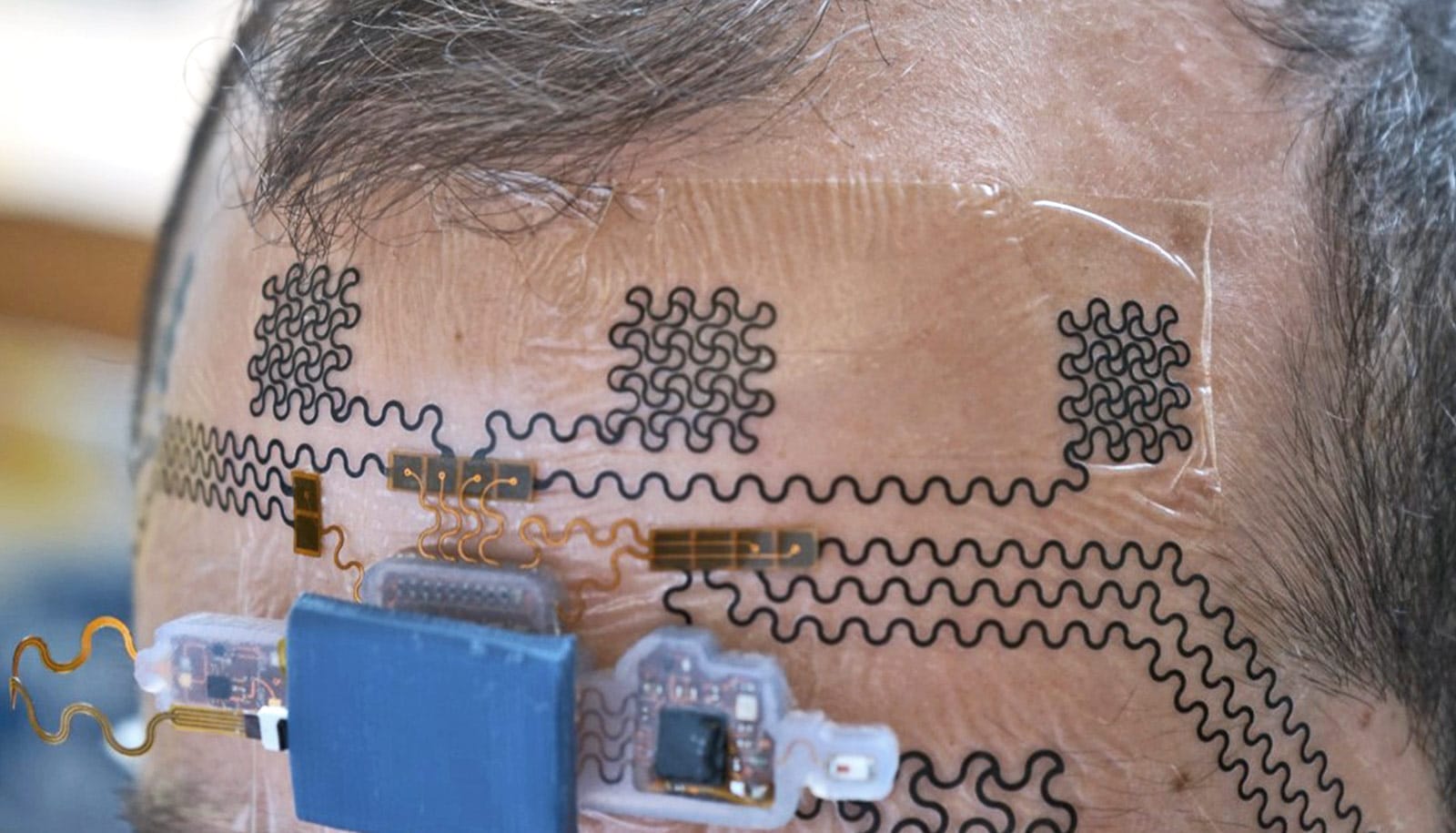Turbulent research landscape imperils US brain gain − and ultimately American prosperity
Many of the world’s best and brightest STEM researchers have long moved to the US. But now that brain gain is at risk of reversing to become a brain drain, with science funding and visas in chaos.
Marc Zimmer, Professor of Chemistry, Connecticut College •
conversation
July 7, 2025 • ~7 min
July 7, 2025 • ~7 min
Keeping brain-dead pregnant women on life support raises ethical issues that go beyond abortion politics
Adriana Smith’s body was kept on life support for 16 weeks so her fetus could gestate. Abortion politics don’t capture the ethical complexities of such situations.
Lindsey Breitwieser, Assistant Professor of Gender & Women's Studies, Hollins University •
conversation
July 1, 2025 • ~11 min
July 1, 2025 • ~11 min
Neuropathic pain has no immediate cause – research on a brain receptor may help stop this hard-to-treat condition
Chronic pain affects millions of people in the US. Targeting an oft-overlooked brain receptor could one day offer relief.
Siddhesh Sabnis, Ph.D. Student in Medical Sciences, Texas A&M University •
conversation
June 23, 2025 • ~7 min
June 23, 2025 • ~7 min
Placenta and hormone levels in the womb may have been key driver in human evolution
The placenta and the hormones it produces may have played a crucial role in the evolution of the human brain, while also leading to the behavioural traits that
Cambridge University News •
cambridge
June 20, 2025 • ~6 min
June 20, 2025 • ~6 min
/
188

